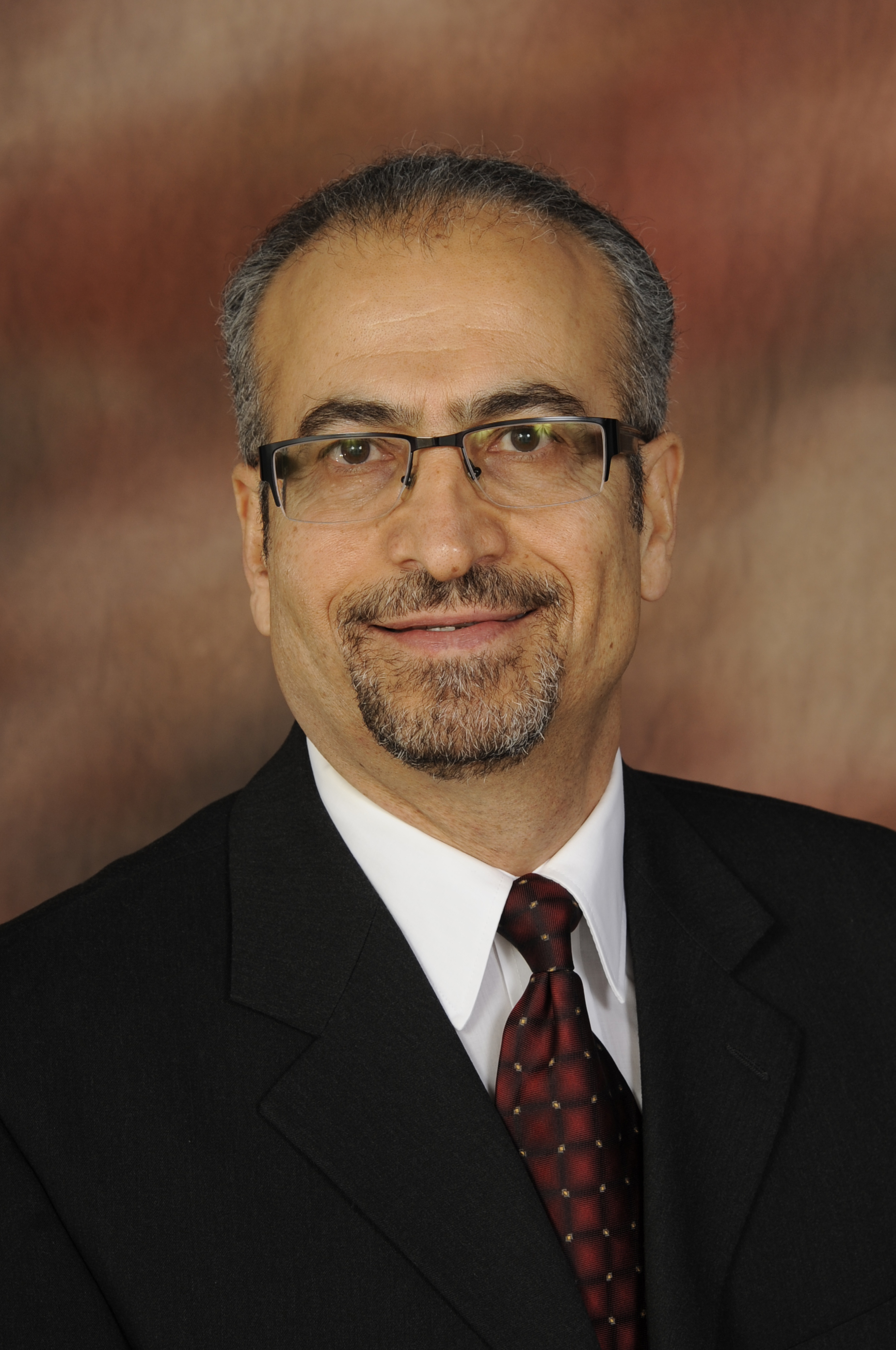
Microgels presenting FasL as an immunomodulatory scheme to protect beta cells from rejection
Haval Shirwan1.
1Department of Child Health and Molecular Microbiology and Immunology, University of Missouri, Columbia, MO, United States
T effector (Teff) cells are the major culprit of allogeneic islet and stem cell- derived beta cell rejection, which is presently mitigated by life-long immunosuppression. Chronic use of immunosuppression is not only ineffective in controlling rejection but also is deleterious to the graft and has various side effects, compromising the life quality of transplant recipients. Thus, there is an acute need for the development of targeted immunomodulatory approaches that obviate the need for chronic immunosuppression. Teff cells upregulate the Fas receptor on their surface following activation and become sensitive to FasL- mediated apoptotic death. Thus, the Fas pathway represents a target of significant potential to specifically purge out alloreactive Teff cells. However, modulation of the Fas pathway using agonistic antibodies or ectopic expression of FasL has proven challenging with respect to safety and efficacy. To overcome these limitations, we pioneered the concept of transient and positional display of recombinant immunoregulatory proteins on islet surface as a practical, safe, and effective approach for localized immunomodulation. A novel form of FasL, SA- FasL, showed tolerogenic efficacy in various preclinical models of transplantation. To develop an off-the-shelf product, we engineered the surface of PEG microgels with SA-FasL protein and co-transplanted with unmodified islets for localized immunomodulation. SA-FasL-PEG microgels showed efficacy in sustaining the survival and long-term function of allogeneic islets in rodents. The efficacy of this immunomodulatory regimen also translated to a nonhuman primate model where 4/4 of recipients showed sustained survival and function of allogeneic islets in the absence of chronic immunosuppression. This concept is being assessed for tolerance induction to SC-derived beta cells as a prelude for clinical translation.
Immunoprotection of Stem Cell Islets: Genome Editing and Beyond